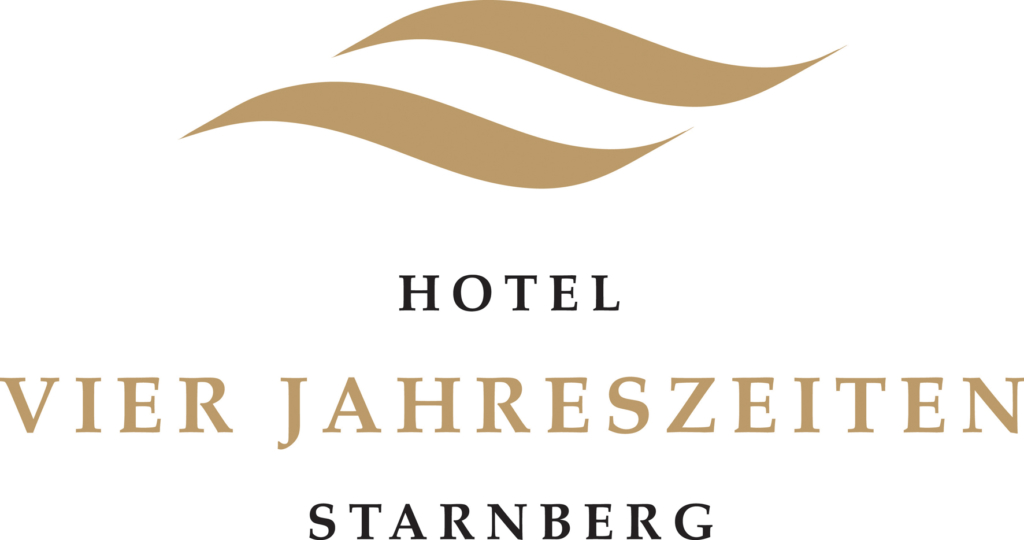While rate parity ensures that you have complete control of setting the bar for your room rates and ensure equal prices across all distribution channels, it destroys your chances to compete freely in the market and also makes you lose a voluminous amount of potential revenue as massive commissions to the OTAs. Hotel revenue managers face challenges with rate parity issues, which restrict their pricing freedom and lead to potential revenue loss.
The hospitality industry has mixed reaction against rate parity with OTAs and hotels having a different take on it. Countries including the USA, France, Italy, and Germany have already started employing measures to either restrict rate parity to specific scenarios, or completely do away with it.
However, a deeper understanding of these changes will help you figure out how you can stay ahead of your competitors despite the developments that apparently inhibit your property’s potential to profit and grow. Let us delve into some tips to help you dash over the speed-breakers in your revenue-maximizing journey and build the right rate parity strategy.
-
Prepare yourself for a world without rate parity
In an ideal world, we can expect everyone to be fair and follow rate parity agreements. However, we do not live in such a world and thus the Rate Parity breach and the entire cycle of tracking who cut our rates, etc.
OTAs bring you lots of revenue, but they come with just as many restrictions and rigid, unbending parity rules. A removal of such rules will make your revenue management and maximizing strategy much more flexible and provide you with ample room to experiment. Hence, you will no longer need to monitor what rates your partners and OTAs offer at a given time. You can compete in a market open to rapid price changes that can be dictated by the forces of demand and supply and not some agreements that may not be favourable for all times.
-
Improve your hotel brand website
There is a reason why OTAs are so popular, the first choice for booking by travelers and they dominate as a primary source of the vast majority of online bookings. This is because apart from marketing efforts, they have also invested in an appealing user interface to build a brand identity and brand image. They have ensured to provide the customers with an efficient user experience that involves fast web page loading, regular updates, call-to-action buttons that are easy to locate and a robust online booking engine.
If you invest in a website that has all the aforementioned ingredients, you have a recipe for a revenue-maximizing machine and direct bookings. You can then use your website to drive in a stream of regular direct bookings and spent less in the commissions you would otherwise pay out to OTAs, which would go up to as high as 20% or more! Not only do you get more revenue, but you also get the opportunity to familiarize the visitor with your brand and other useful information such as offers, packages and discounts, that they may seek.
-
OTAs are your friends in need
Even though OTAs demands for commissions can often be sky high, they are a powerful medium for not just revenue generation, but also brand promotion. You can use the power of ratings and reviews to rank your hotel’s listing higher up in your preferred OTAs database, which will help you drive in traffic and guests, especially, during the off-season. Given the popularity of OTAs, it is unwise to rely solely on direct website bookings to generate revenue, as the likelihood of higher direct bookings during the low season would seem abysmal. OTA listings can still help your hotel shine through in those tough times.
-
Prioritize balance in online distribution
We have discussed that hotels cannot do without OTAs. However, a pertinent question you need to answer is — how many of them do you need? Conventional wisdom might make one assume, higher the number of distribution channels, higher will the risk distribution be. However, in the absence of rate parity, managing dramatic price fluctuations will be a needless hassle. Hence, in today’s scenario, it is instructive to focus on only the distribution channels that perform well and give you more profitable bookings. Practice Yield Management, which means that the most cost-effective and revenue-generating channels will make the cut.
-
Go direct with travelers
What is the most cost-effective way to obtain a booking? We all know, bookings made directly from your hotel’s website are most profitable, as they are commission free! Encourage your guests to book rooms directly from your own online booking tool. Simple incentives such as free pick and drops, free Wi-Fi, etc. or non-room service bonuses on direct bookings can go a long way in developing a steady stream of direct, commission-free revenue. The best part about it is that you can employ this technique even when your hotel’s OTA listing is what brings the customer to your website. We know that comparing rates across different booking media is common among online guests.
-
Leverage the magic of loyalty programs and close user group memberships
A great way to maximize direct bookings and sustain commission free revenue is to build long-term customer relationships. This requires you to identify your frequent visitors and actively engage them in loyalty programs or close user group (CUG) membership schemes. Once they have booked with you directly, ensure to make their stay a memorable one for them to stay loyal to you. Hotels like IHG and Accor hook their prospect guests on Metasearch/OTA sites itself, by offering them to become their privileged members and avail instant discounts on the booking rates.
Gather all details regarding their preferences, as this information will help you to design custom offers for different guest profiles and price them accordingly, thereby nourishing them to the fullest of your potential.
Apart from their booking behaviour, you can also look at their inclinations for non-room services, an area that OTAs have no information or control. Including services such as spa, gym, bars and such like into your guests’ custom plans, based on their liking, not only helps you deliver quality service, but also conveys your genuine care for them.
-
Look out for distribution alternatives
Even though OTAs largely dominate the hotel bookings arena, alternatives have started to pop up. For example, Google has now enabled online hotel bookings through its own listings. This may come as a massive respite for those hoteliers who had long been searching for a cost-effective distribution channel than OTAs. Keeping an eye on such trends can be beneficial as now and then, you may come across a channel that meets all your revenue-generation and market-targeting goals.
-
Understand the Rate Parity dynamics globally
With the rolling out of announcements such as the Macron law in France, it is likely that rate parity may soon bid Europe goodbye. In addition, countries like the US are also catching up with the trend. This brings both challenges because of a major change in revenue management and rate parity, and an enormous potential for growth. The time now is ripe for hoteliers to ramp up their strategy to drive in as much direct booking traffic, and reverse the approach of excessive dependence on OTAs for reservations.
However, do keep in mind that the absence of rate parity does not translate to an absolute absence of OTAs. They have a mark in the industry, so strong, and play an important role in the whole market dynamics of room distribution and booking. Hence, OTAs, meta-search engines and direct bookings are all different media of distribution that can fruitfully coexist in your hospitality ecosystem, as long as an optimum balance is maintained. To conclude, in the current situation hotels should invest in a progressive Rate Parity solution. An inclusive tool that enables hotels to not only identify the cause of rate parity but also assist them with an end-to-end solution to it. A tool that can provide insights about the overall enterprise level parity, a performance review of all the hotel chains, real-time buzz and a capability to connect with the concerned hotel chain and control the situation with real-time tracking.
 Deutsch
Deutsch Português
Português Italiano
Italiano Espanol
Espanol čeština
čeština ไทย
ไทย Français
Français


